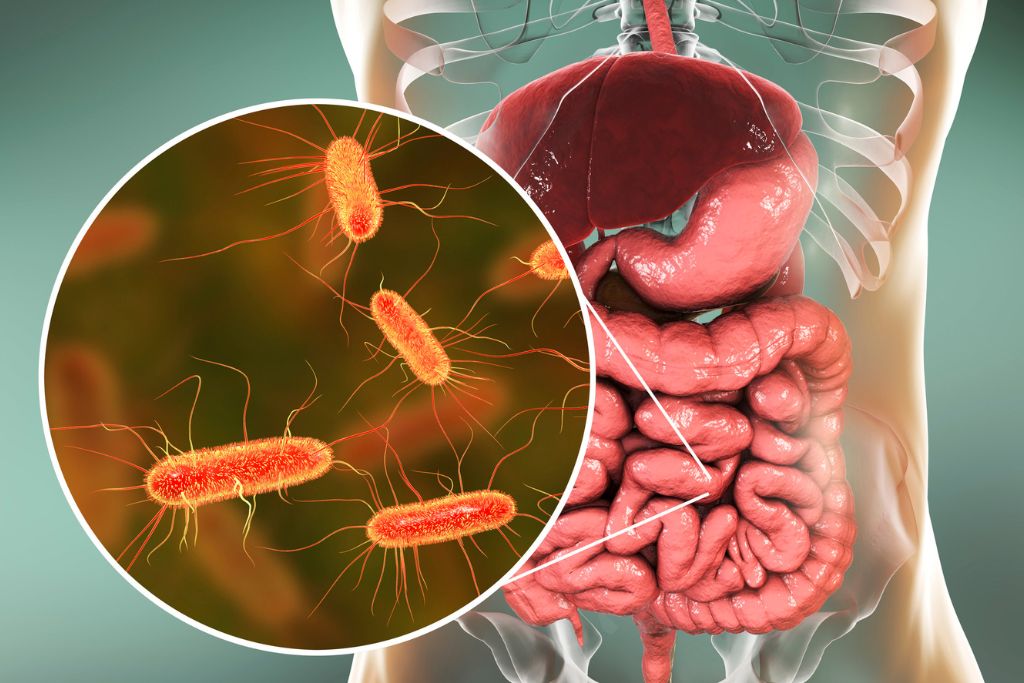Pregnancy is a unique stage in life, where the health of the mother and the baby are deeply interconnected. The intestinal microbiota plays a fundamental role in this process, impacting not only the health of the mother, but also the development and well-being of the baby. In this article, we explore the importance of a balanced microbiota during pregnancy and how to properly care for it.
The importance of a healthy microbiota during pregnancy
During pregnancy, the mother's intestinal microbiota undergoes significant changes to adapt to the body's metabolic and immunological needs. A balanced microbiota:
- Supports the immune system: Prevents infections and reduces inflammation.
- Promotes a healthy weight: Helps regulate metabolism, reducing the risk of gestational diabetes.
- Ensures optimal development of the baby: Provides essential nutrients that promote fetal growth.
On the other hand, dysbiosis (imbalance in the microbiota) can increase the risk of complications such as preeclampsia, premature birth and low birth weight.
How the mother's microbiota influences the baby's health
The mother's microbiota sets the foundation for the development of the baby's microbiome, especially during the first 1000 days of life. Some key points:
- During childbirth: In a vaginal birth, the baby comes into contact with the mother's vaginal and fecal microbiota, which helps colonize her gut with beneficial bacteria such as Lactobacillus and Bifidobacterium .
- With breastfeeding: Breast milk contains prebiotics (such as human milk oligosaccharides) that nourish the baby's intestinal bacteria and strengthen its immune system.
- Long-term impact: A healthy maternal microbiota is associated with a lower risk of allergies, obesity and autoimmune diseases in the child.

Tips for caring for the microbiota during pregnancy
Adopting habits that promote a balanced microbiota is essential for the health of both mother and baby. Here are some practical tips:
Nutrition:
- Eat foods rich in fiber: Fruits, vegetables, legumes and whole grains feed beneficial bacteria.
- Incorporate fermented foods: Yogurt, kefir and fermented vegetables provide natural probiotics.
- Avoid ultra-processed foods and added sugars: These can alter the microbial balance.
Supplementation:
- Talk to your doctor about probiotics: Some strains such as Lactobacillus rhamnosus and Bifidobacterium lactis are safe and beneficial during pregnancy.
- Make sure you get enough vitamins and minerals: Nutrients such as iron and folic acid are key to the microbiota and health of the baby.
Lifestyle:
- Reduce stress: Practice relaxation techniques such as meditation or prenatal yoga.
- Maintain moderate physical activity: It helps regulate metabolism and supports microbial diversity.
- Get enough sleep: Adequate rest benefits both mother and baby.
How BiotaSmart can help you during pregnancy
At BiotaSmart, we offer advanced microbiota analysis to identify potential imbalances and design personalized plans to optimize your gut health. Our approach includes:
- Dietary recommendations tailored to your needs.
- Safe and effective supplements for pregnancy.
- Continuous support to ensure the well-being of mother and baby.
Taking care of your microbiota during pregnancy is essential to ensure short- and long-term health for both you and your baby. Adopting healthy habits and performing a personalized analysis can make a big difference at this very special stage.
Do you want to make sure your microbiota is in optimal condition during pregnancy? Find out how your microbiota is with the personalized BiotaSmart test and receive specific recommendations for you and your baby.




Leave a comment
This site is protected by hCaptcha and the hCaptcha Privacy Policy and Terms of Service apply.